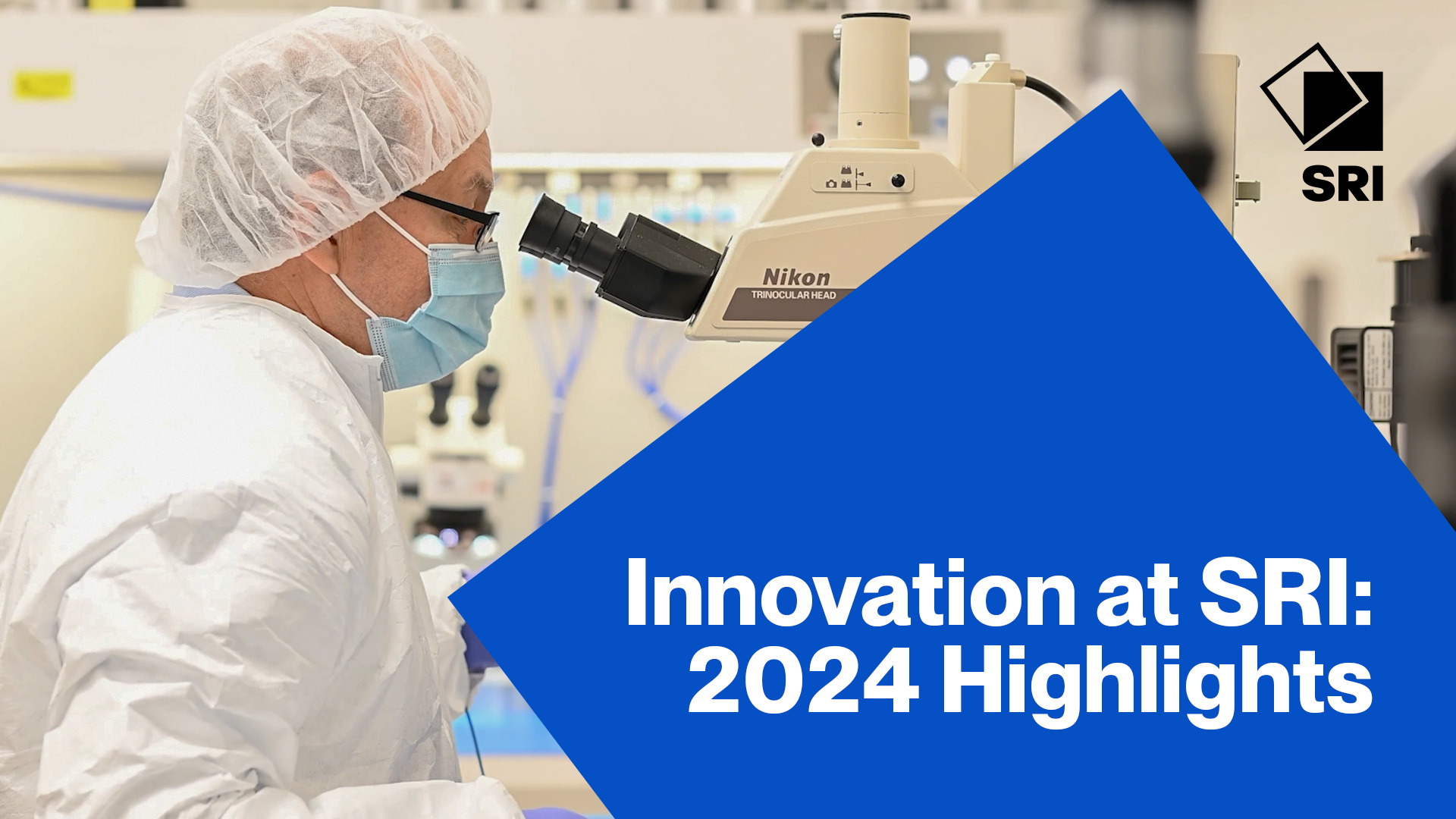Citation
Zhao, B., Tam, Y. C., & Zheng, J. (2014, May). An autoencoder with bilingual sparse features for improved statistical machine translation. In 2014 IEEE International Conference on Acoustics, Speech and Signal Processing (ICASSP) (pp. 7103-7107). IEEE.
Abstract
Though sparse features have produced significant gains over traditional dense features in statistical machine translation, careful feature selection and feature engineering are necessary to avoid overfitting in optimizations. However, many sparse features are highly overlapping with each other; that is, they cover the same or similar information of translational equivalence from slightly different points of view, and eventually overfit easily with only very feature training samples in given bilingual stochastic context-free grammar (SCFG) rules. We propose a natural autoencoder that maps all the discrete and overlapping sparse features for each SCFG rule into a continuous vector, so that the information encoded in sparse feature vectors becomes a dense vector that may enjoy more samples during training and avoid overfitting. Our experiments showed that for a 33 million bilingual SCFG rules statistical machine translation system, the autoencoder generalizes much better than sparse features alone using the same optimization framework.
Index Terms— machine translation, sparse features, SCFG grammar induction, optimization, autoencoder, PRO


